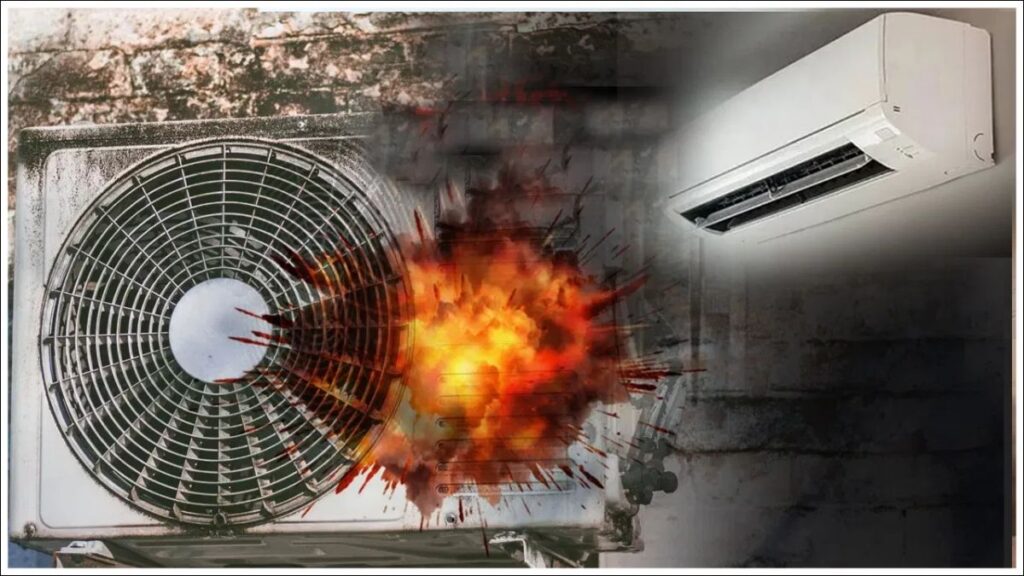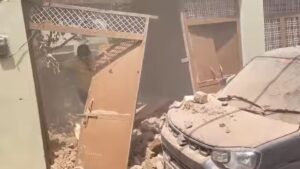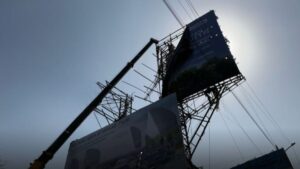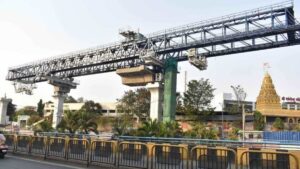AC Blast Warning: Avoid These 8 Common Mistakes While Using Air Conditioners in Summer

As summer begins, air conditioners become essential in homes, offices, and shops. However, a recent tragic incident in Delhi, where a man lost his life due to an AC blast, has raised serious safety concerns. This is not an isolated case—numerous such incidents have been reported in recent years, most of which stem from negligence or improper maintenance.
To stay safe and prevent potential disasters, it’s critical to understand the causes behind AC explosions and take preventive measures. Here’s a breakdown of 8 common mistakes that can lead to an air conditioner blast and 10 important precautions you should follow to ensure your and your family’s safety.
Top 8 Mistakes That Can Cause an AC Blast:
- Using Poor Quality Parts
Cheap compressors, low-grade wires, or local refrigerant gases compromise the AC’s functionality and increase blast risks. - Installing the Outdoor Unit in Poorly Ventilated Spaces
Lack of airflow can lead to overheating of the compressor, leading to an explosion and fire. - Ignoring Regular Servicing
Lack of servicing allows dust, moisture, and potential gas leaks to accumulate—key contributors to fire or explosion hazards. - Overlooking Gas Leaks
AC refrigerants like R-22 or R-410A are highly flammable. Even a small leak, when exposed to heat or sparks, can result in a powerful explosion. - Neglecting Voltage Fluctuations
Power surges or sudden voltage drops can damage the compressor, leading to short circuits or potential blasts. - Unprofessional Installation
Installing the AC without an expert or using untrained personnel can cause incorrect piping or wiring—both safety hazards. - Storing Flammable Items Near the AC
Items like plastic, paper, or aerosol sprays can catch fire quickly if there’s a gas leak nearby. - Using a Damaged or Old Compressor
An aging or damaged compressor can build up abnormal pressure, increasing the chances of it bursting.
10 Crucial Tips to Prevent an AC Blast:
- Buy Certified, Branded ACs Only
Always purchase BIS-certified air conditioners with safety features like auto-shutdown and overload protection. - Schedule Regular Servicing
Seasonal servicing helps detect gas leaks, dust blockages, and mechanical faults early. - Use a Voltage Stabilizer
Stabilizers protect sensitive internal components from India’s frequent voltage fluctuations. - Do Not Ignore Gas Leaks
If your AC emits a strange smell or suddenly stops cooling, get it checked immediately. - Hire a Trained Technician for Installation
Improper installation increases risks of leakage, wiring errors, and even gas explosions. - Get Your Compressor Checked Annually
If your AC is more than 5 years old, have the compressor inspected every year for pressure issues. - Keep Flammable Materials Away from the Unit
Avoid storing perfumes, insect sprays, or plastic bags near the AC unit. - Ensure Proper and Safe Wiring
Use three-pin plugs and dedicated power lines. Avoid connecting multiple devices to the same outlet. - Be Alert While Switching On the AC
If you notice smoke, sparks, or unusual smells, turn off the main power supply immediately. - Know Your Warranty and Install Basic Safety Gear
Understand your AC’s warranty terms, consider product insurance, and keep a fire extinguisher and smoke detector at home.
Always ensure that the outdoor unit is installed in a well ventilated area. This unit processes the heat pulled out from the indoor unit and if it does not have venitlation to discipate this heat, it will cause a rise in temperature. The compressor already generates a lot of heat duing its compression cycle and coupled with the additional heat from lack of ventialtion is a recipe for disaster.
Stay alert, stay safe! These small measures can prevent big disasters and ensure that your summer remains cool and safe—not catastrophic.








